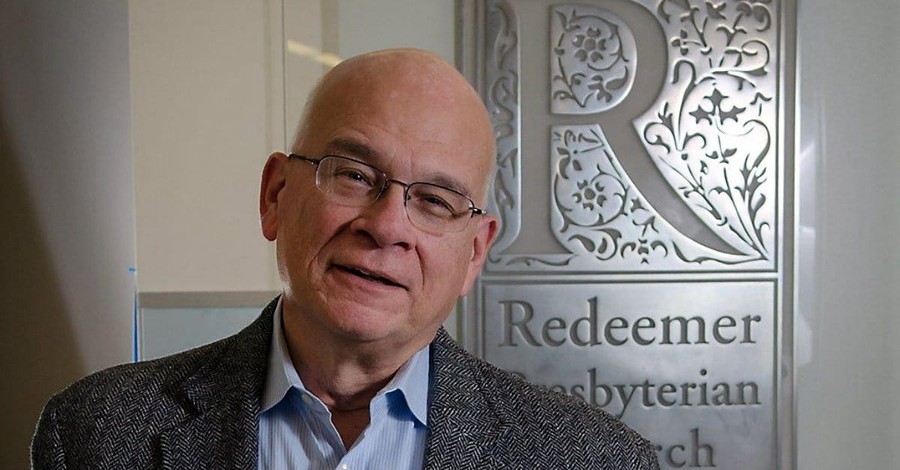Wesley Hill’s Christianity Today cover story on friendship is now available, and it deserves consideration. The title they gave the online version is terribly misleading, but I’m told (by the author) that the title inside is much more reflective of the piece: “’Til Death Do Us Part: Why Now More Than Ever, We Need to Recover a Rich Vision of Lifelong Friendship.”
Login to read more
Sign in or create a free account to access Subscriber-only content.
Topics:
